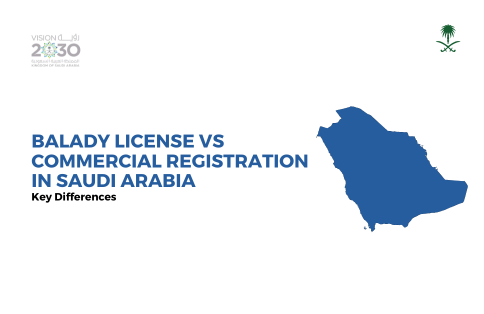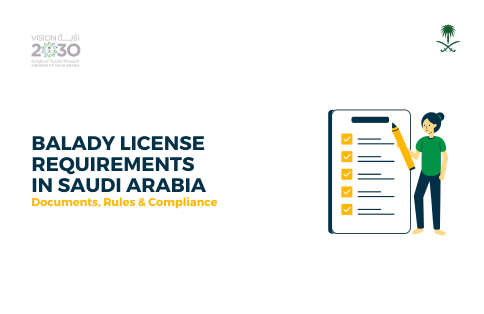Why Saudi Arabia Is a Hotspot for Import-Export in 2025
Saudi Arabia is no longer just the oil giant of the Middle East it’s now a major global trade hub, with over $170 billion in non-oil exports and imports surpassing $185 billion annually. With the Saudi Vision 2030 initiative, the Kingdom is aggressively diversifying, opening up massive opportunities in sectors like food, electronics, machinery, automotive, and textiles.
J K Management Consultancies, based in Dubai, helps investors and entrepreneurs from 60+ countries set up and manage import-export operations in the Kingdom legally, efficiently, and profitably.
What Is an Import-Export Business?
An import-export business deals with buying products from other countries (importing) or selling local products abroad (exporting). In Saudi Arabia, this business model is particularly attractive because of:
- Strategic location between Europe, Asia, and Africa
- State-of-the-art ports (e.g., Jeddah Islamic Port, King Abdulaziz Port)
- Government support for foreign trade and logistics
Legal Requirements to Start an Import-Export Business in Saudi Arabia
To legally operate an import-export business in KSA, you must comply with the Ministry of Commerce (MoC) and Zakat, Tax, and Customs Authority (ZATCA) regulations. Here’s a simplified process:
1. Register a Commercial Entity
- Choose between an LLC, branch, or joint stock company
- Foreigners must get an investment license from the Ministry of Investment (MISA)
2. Get a Commercial Registration (CR)
- Issued by the Ministry of Commerce
- Must include import/export activity in your business scope
3. Obtain a Saudi Import/Export License
- Register on the FASAH platform for customs integration
- Mandatory Saudi Customs Registration Number
4. Open a Customs E-Account
- Needed for clearance of shipments
5. Register with ZATCA for VAT
- Required if your revenue exceeds SAR 375,000
Popular Import & Export Products in Saudi Arabia (2025)
| Top Imports | Top Exports |
|---|---|
| Electronics & machinery | Petrochemicals |
| Vehicles & auto parts | Plastics |
| Food & beverages | Building materials |
| Pharmaceuticals | Dates, honey & food products |
| Textiles & clothing | Fertilizers & minerals |
Want to export or import any of these products? J K helps with customs classification, HS codes, and documentation.
Customs, Duties & VAT
- Import Duties: Range from 5% to 20% depending on product category
- Zero Tariff: Available under GCC Free Trade Agreements
- VAT: Standard rate is 15%, but some imports are VAT-exempt (e.g., food, medicine)
- Prohibited Goods: Include alcohol, pork, gambling devices, and certain religious items
Required Documents
Commercial Invoice (in Arabic or English)
Bill of Lading or Air Waybill
Certificate of Origin
Packing List
Conformity Certificate (SASO/SFDA approval if applicable)
Insurance Documents (if insured)
Import/Export License
VAT Registration Certificate
Why Choose J K?
We’re not just a document processor we’re your strategic import-export partner.
With J K, you get:
- Full company registration (LLC, Branch, Foreign-owned)
- Import/export license & FASAH customs registration
- VAT & ZATCA onboarding
- Product registration with SFDA/SASO
- Trade license renewal reminders
- End-to-end documentation & clearance assistance
Common Mistakes to Avoid in Import-Export Business
- Registering with wrong HS codes
- Missing conformity certificates
- Delayed VAT filings
- Shipping banned or restricted goods
- Using incorrect Arabic business names in CR
FAQs About Import-Export in Saudi Arabia
❓Can foreigners start import-export businesses in KSA?
Yes. Foreigners can register with MISA approval and own 100% of their business in many sectors.
❓How long does it take to get an import/export license?
Usually 2–3 weeks, depending on the type of goods and documentation.
❓Is Saudi Arabia part of any trade agreements?
Yes. KSA is part of the Gulf Cooperation Council (GCC) and has FTA agreements with multiple countries.





















